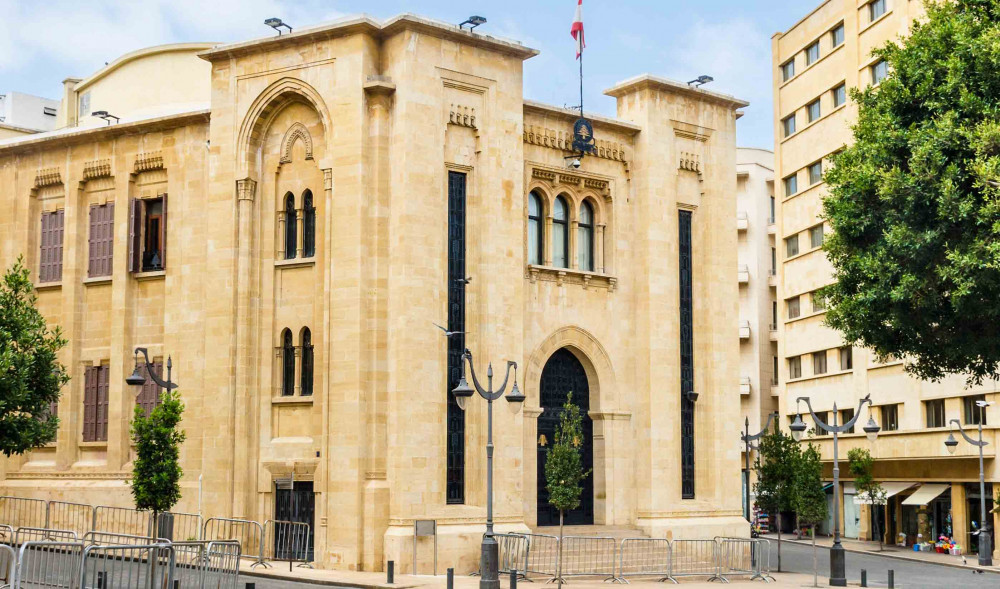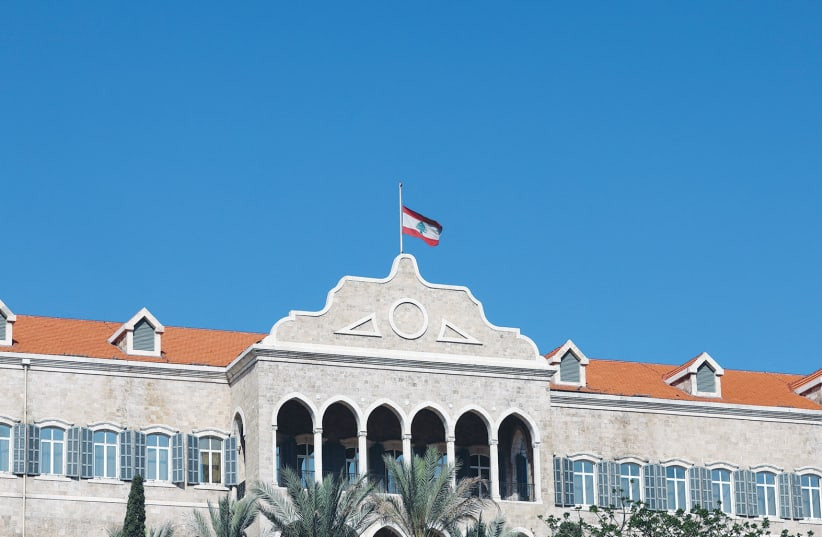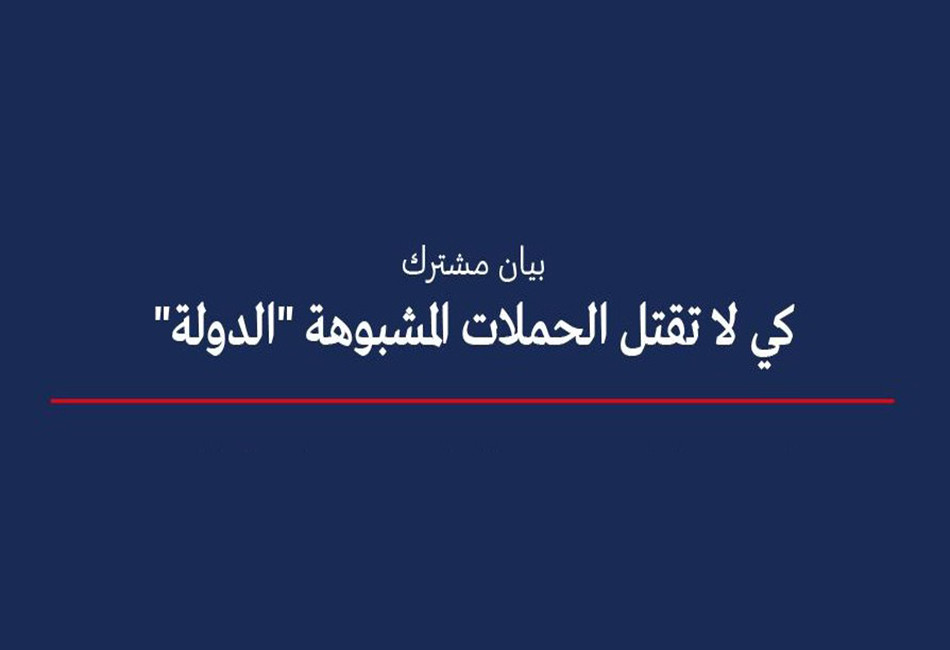The Lebanese Parliament, in its session held on 18 October 2022, approved the draft law regarding bank secrecy, after several amendments had been introduced to it. A waiting period of 6 days ensued before the Speaker of the House, Nabih Berri, signed the final version of the proposal, raising questions about possible additions or deductions, contrary to what was approved by the majority of members of parliament. The undersigned organizations had previously issued a statement opposing the bill as amended by the Finance and Budget Committee. Although they welcomed a number of amendments to the bill, in accordance with their demands, they remain concerned about including provisions that would limit its effectiveness or cancel it entirely.
Accordingly, and after a careful review of the final version, the following could be noted:
1. The law, in its final form, constitutes the third proposal approved by parliament, after the President of the Republic had returned the two previous proposals, which were drafted in such a way as to empty them, in whole or in part, of their content. The third version seems to be the most advanced in terms of lifting bank secrecy, even though it still contains a set of complex and ambiguous texts and mechanisms that would disrupt or limit its effectiveness. While the evolution of the formula reflects the impact of internal and external pressures, in particular that of the International Monetary Fund (IMF), to initiate the necessary reforms for Lebanon’s economic recovery, the continued insistence on convoluted and ambiguous texts reflects in turn the obstinate refusal of key parliamentary forces towards these reforms.
2. One of the most significant aspects of this law is expanding the categories of people to whom bank secrecy provisions do not apply. After the Finance and Budget Committee had proposed declassifying the data of public officials, those in charge of public services, heads and directors of political associations, and candidates for public agencies, it also decided to add the chairmen and members of the boards of directors of banks, their executive directors, current and former auditors, the chairmen and members of the boards of directors of companies that manage or own visual, audio, written, and electronic media, as well as civil society organizations (an ambiguous title at best). Although this also included the spouses and children of said employees, heads and directors of associations, their Ultimate Beneficial Owners, it failed to include the spouses and children of chairmen and members of the boards of directors of banks and media institutions, their pseudonyms and their economic right holders. The declassification of corporate networks (sequential acquisitions and means of direct and indirect control) was also limited to the ones related to directors of political associations, civil society organizations and candidates for public agencies, excluding the totality of other categories. As a reminder, and as part of our paper delivered to several members of parliament, upon which they relied to demand the included amendments, we proposed to produce a special section that notes all these indirect links and associations for a fair and comprehensive application to all the observed categories.
What is most worrying is the insistence on linking, without any justification, the declassification of the mentioned categories to the laws of money laundering, illicit enrichment and combating corruption in the public sector, particularly since said laws make the Special Investigation Commission (SIC) at the Central Bank the sole access point to banking information from banks. What gives reason for more concern is the content of Law No. 32/2008 which has not been repealed to remove or avoid any confusion, ambiguity or contradiction that may disrupt the application of the text of the law as intended. It would have been better to exclude these terms, seeing as how there is no clear explanation for their inclusion in this article. Alternatively, it is hoped that the text will be read in good faith, in a way that leads to the complete cancellation of bank secrecy for these categories without the need to pass through any administrative or judicial apparatus. In other words, work on activating the law and not on disrupting it.
3. As for other categories that still benefit from bank secrecy, the draft law has established a number of mechanisms that would allow for their lifting. We have warned, prior to the parliamentary meeting, that these mechanisms are complex and ambiguous and that it is feared that they will mostly lead to the Special investigation Commission at the Central Bank becoming a necessary entry point for obtaining confidential information, due to references to money laundering, illicit enrichment and anti-corruption laws in the public sector. Thus, during the parliamentary debates, the Speaker of the House, as well as the Chairman of the Finance and Budget Committee, and a number of deputies, announced their commitment to providing judicial authorities, as well as other authorities mentioned in the law, direct access to information without going through any administrative or judicial reference. The Speaker went as far as pledging to write off anything that inferred otherwise in case the final version lacked an explicit provision confirming this. We note the need to interpret the law as such in light of the statements made during the discussions as they reflect the true intention of the legislation.
On the other hand, the following negative points can be noted:
1. The final text limits the powers of the specialised judiciary in requesting bank information for a wide range of financial crimes in cases where there is an existing lawsuit. This effectively strips the public prosecutors of the possibility of requesting information within the framework of the investigation and the composition of the file before deciding to institute a public prosecution. Worse, it is forbidden for any specialised judicial authority to request information about individuals with immunity until after obtaining prior permission to pursue, since the lawsuit is not considered to be formalised until a similar permission is obtained. Therefore, we believe that the insistence on including the term "lawsuit" in the draft, contrary to what has been reported by several media outlets, was aimed at limiting the effectiveness of this law.
2. The law provides tax administration authorities access to information not for anti tax evasion needs only, as was the case before, but for audit needs and for ensuring tax compliance as well. However this access is suspended to the issuance of a decree by the Council of Ministers on the proposal of the Minister of Finance, specifying the mechanism for requesting information from banks (New Article 23 of Law No. 44 - 11/11/2008).
3. The law listed the regulatory and supervisory bodies of banks (The Central Bank, the Banking Supervision Committee and the Deposit Guarantee Corporation) among the references authorized to request banking information, but it restricts the powers of these bodies to three mechanisms:
a. Authority to obtain general information only, without any information about a particular account or customer.
b. Enabling the aggrieved party to lodge an objection to the application before the Urgent Matters Court, as a halt on its enforcement, until the judge issues their decision, with the ability to counter the decision again before the Court of Appeals.
c. Most critical though, is tethering the powers of these bodies to issuing a decree adopted in the Council of Ministers, on the proposal of the Minister of Finance, specifying the mechanism for requesting information. This results in preventing the law from being enforced immediately after its publication for these bodies, and the need for them to embark on investigative tasks to allocate responsibility and accountability before allocating burdens and losses.
4. We demanded the abolition of the prison sentence for disclosing bank secrecy, lest the penalty deter or intimidate those who are obliged to give information at the request of a reviewer. The prison sentence was not abolished, but a new crime was added, which is the crime of publishing data obtained during the application process of the law, and in complete contradiction to its provisions. This constitutes unjustified protection, limits the detection of corruption, and exposes the parties concerned with requesting and providing information to potential responsibilities in the event of disclosure of bank information in their possession. We affirm here that this phrase was added to the wording of the law without being subject to any prior discussion or approval by parliament.
Conclusion:
Despite some important breaches in terms of expanding the range of groups that no longer benefit from bank secrecy, the draft law still contains provisions capable of limiting its effectiveness, and disrupting the desired reforms expected from it. These provisions, including additions made after the end of the discussion and voting session, indicate a continued and staunch resistance by ruling political forces towards systemic reform or any possible breach in the fortified wall that is bank secrecy.
The signatories (in alphabetical order):
- The Committee for the Protection of the Rights of Depositors at the Beirut Bar Association
- Kulluna Irada
- The Lebanese Association for Taxpayers’ Rights (ALDIC)
- The Legal Agenda




